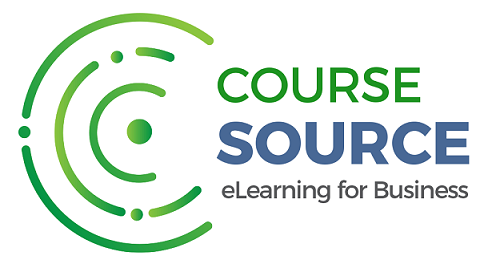Safeguarding Children for Education - (Level 1 and 2)

Overview
If you work in education, you may at some point have to make safeguarding referrals to police or children's social care. This course prepares you for such incidences.
Combining safeguarding levels 1 and 2, this is a comprehensive programme covering the key elements of the safeguarding children process in an easy-to-understand format.
This is an in-depth online child safeguarding seminar, combining a collection of five high-quality safeguarding training courses in one attractive and cost-effective solution. It also contains a handy refresher guide, useful links and recommended resources so you can explore the topic independently.
You'll learn about child abuse and how to recognise the signs of abuse and neglect, how to avoid dangerous safeguarding practice, safeguarding referral procedures and chronologies.
Audience
Though this is aimed at education, this course is ideal for you if you're working in adult social care, as well as wider elements of local authority work, such as children's services, housing, public health, education and social care. It's perfect for you if you're involved in governance or simply working as a volunteer in any of these areas.
Objectives
Once you've completed this course, you'll have a good knowledge of:
- The background, legal basis and definition of safeguarding, child protection and child abuse
- Serious case reviews and core functions of local safeguarding children's boards
- The concept of significant harm, what to do if child abuse is suspected as well as the key principles of child protection
- Who abuses children and the definitions of physical abuse, emotional abuse, sexual abuse and neglect
- Recognising the signs of abuse from the victim and perpetrator
- The causes and effects of abuse on children
- Information to record and what to do if you have concern
- Responding to a disclosure or allegation of abuse or neglect
- Types of questions that can be asked, should be asked, and should be avoided
- Considerations before referring a safeguarding concern to children's social care
- Information you should provide to children's social care and the questions you should ask
- What you and children's social care should do following a referral
- The Framework for the Assessment of Children and Their Families and its principles
- Assessing children's needs
- Understand the 'domains' and 'dimensions' of the Framework
- The importance of keeping an up-to-date chronology and how to record one
- The purpose and possible outcomes of a strategy discussion and Section 47 enquiries
- Initial Child Protection Conferences (ICPC)
Modules
- Background to Safeguarding for Education
- Child Abuse Awareness
- Recognising Abuse and Neglect
- If You Have Concern ? Teachers and Support Staff
- Responding to a Disclosure ? What You Should Do
- Responding to a Disclosure ? How to Ask Questions
- Referring Safeguarding Concerns
- Recognising and Avoiding Dangerous Safeguarding Practice
- Chronologies
- Child Protection Process and Procedures
